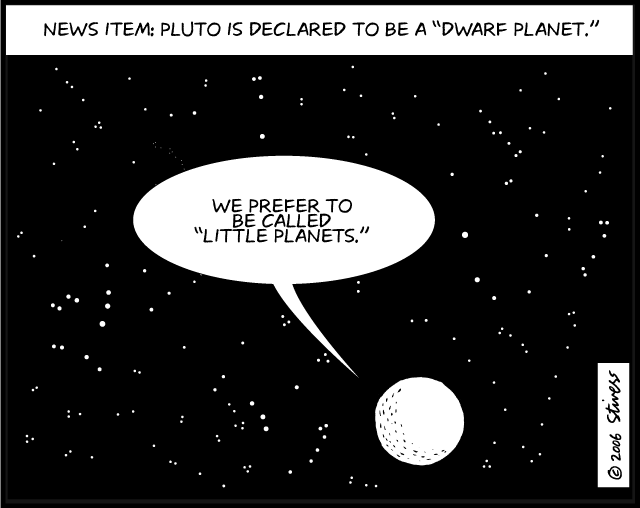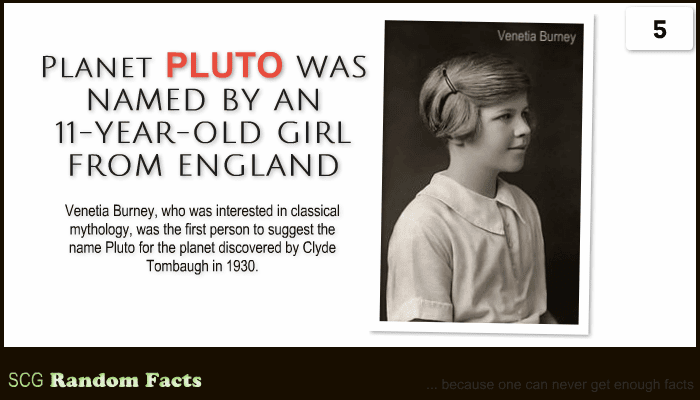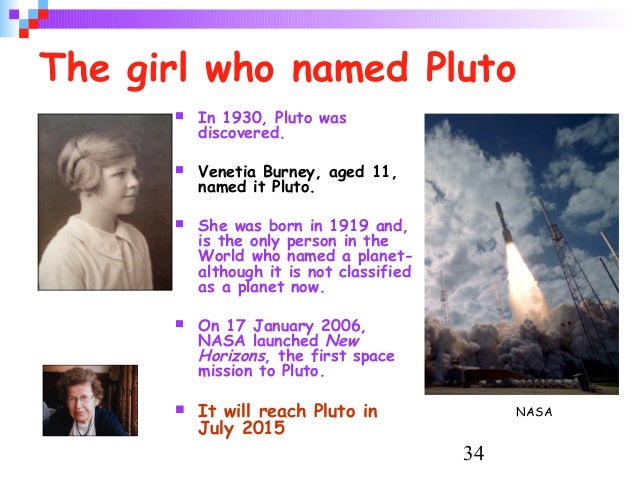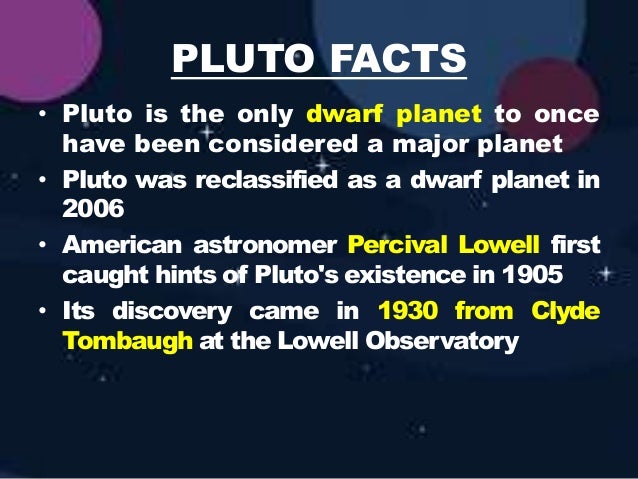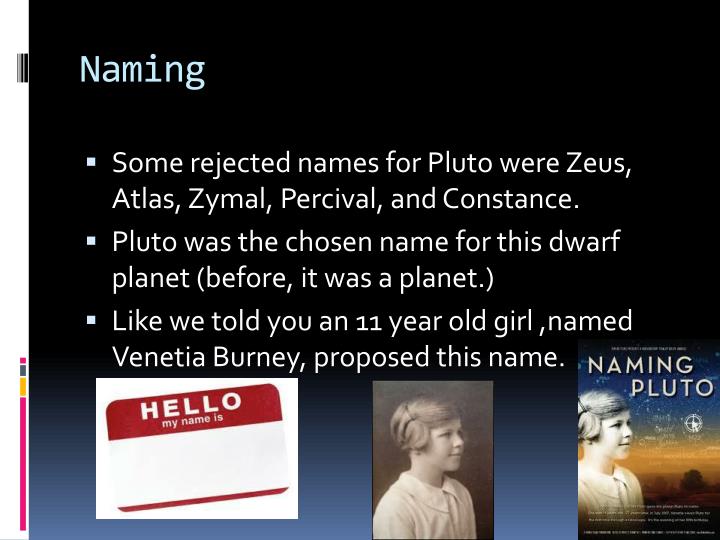To explain further, there are a few philosophical issues that arise when using the outer planets.
It's true that many more classically oriented astrologers use them, but
they tend to regard them as fainter fixed stars, so
their importance and abilities tend to be scaled back
or ignored unless they are on an angle or conjunct some important planet.
Dirius is correct in noting that the fact the outers carry no visible light
is a major detriment to their inclusion into the classical framework.
Astrology evolved alongside ancient optical theories
and these theories still permeate astrological discourse to this day.
Planets in aspect are said to "see" or "regard" one another
and their light is often considered a transmitter of their influence.
The word "planet" originally evolved from the Greek "planetes aster",
or "wandering star" and referred to the Sun, Moon, Mercury, Venus, Jupiter, Mars, and Saturn
whose motion could be detected against the backdrop of fixed stars
that are stable in their relative distance from one another,
but all move together as one large group.
Another issue with the outer planets is that they lack much of the tools that the classical planets have.
This isn't just referring to dignities (though that is a large part of it), but
they also lack nature, sect, gender, years, winds, orbs, signatures, etc.
This may all seem superfluous or unnecessary, but
its significance really cannot be overstated.
Without these associations, the outer planets
are essentially blank orbs without instruction or meaning.



